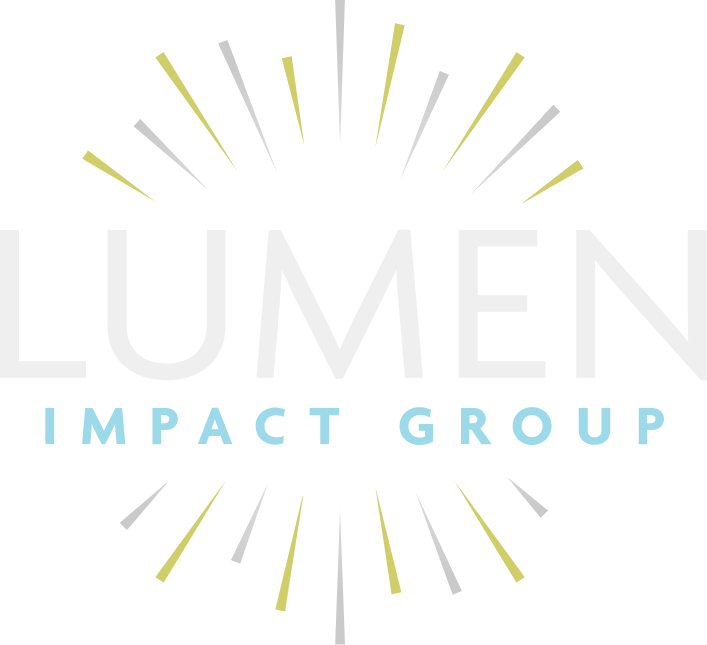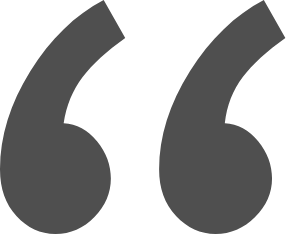Your Strategic Plan is Done– Now What?: How Operational Planning Makes Strategic Plans a Reality

There’s something energizing about strategic planning. After days of focused work to build a plan at the board level, you feel accomplished and excited as you present the plan to your team. But, now what?
With so many competing demands for your time and energy, how will your team prioritize follow-through on the actions that move your big picture ideas forward?
All big ideas require a lot of “how to” planning and energy to really make them happen; that’s where operational planning comes in.
The Difference between Strategy and Operational Levels
Imagine you decide that you are going to do better about eating healthy meals at home for the sake of your general health and your budget, so you’re going to meal plan for the next year. Meal planning is the objective or initiative that will move your goal of being healthier and thriftier forward — it’s part of your strategy. It’s specific, yet still high-level and you can measure whether you’ve been successful based on things like your weight, blood pressure, and bank account balance.
The thing is, whoever at your house does the shopping and cooking knows that it’s not as simple as just saying you’re going to meal plan. To actually make it happen, you have to find recipes for healthy meals, figure out how you can share ingredients across recipes for budget efficiency, and fit the demands of shopping and cooking into your schedule. This kind of planning is more in the weeds, and it’s what we call operational planning. In operational planning, you start to parse out the steps involved: the timing, the responsibilities, and the check-ins along the way to ensure you keep moving and get to the outcomes you were hoping for.
Keeping it moving, even with “Life” happens
With a plan at any level, things get in the way. Maybe someone gets sick, and you can’t shop on your normal day, or something at work ran late, and now there’s no time to prep the meal that was in the plan for tonight. These hiccups don’t mean that we throw out the plan and go back to ordering Doordash or running out to the nearest drive-through; but they do mean that we need to stay flexible.
You can flip flop a quick meal meant for Thursday to be your new Tuesday plan, or grab pizza one night, so you can go to the store and get back on track. The important thing is that these hiccups don’t become the norm, but it can be hard to stay on track when life gets in the way. Because of this, we know that successful operational planning requires regular check-ins to see if we’re moving things along, even with the roadblocks that inevitably come.
When you’re checking in on operational targets, you need things that are shorter-term. Maybe you’re looking to see how much food you’re wasting, how your pants fit each day, or how much you’re still spending on takeout each week. That information is going to help you see whether you’re getting around roadblocks and keeping momentum, or if the plan is not working and you need to reassess. It could be that your recipes were too ambitious, or that you need to do grocery pick up instead of going into the store. It could be that the meals you chose were easy and quick, but not healthy enough to make a difference. Without regular targets and checks to keep accountable, it’s hard to know if your actions will have the impact you want in the end.
You got this
Good operational planning and implementation can be challenging. We’ve seen it with our clients, and we’ve seen it internally with our own team at Lumen. So many great strategies and visions gather dust on shelves as teams get busy with day-to-day work. But it doesn’t have to be that way.
Is your organization’s strategy gathering dust on a shelf? It’s time to grab a feather duster and reacquaint yourself with the plan, getting serious about what you can do operationally to move the strategy forward. Sometimes, bringing in another set of eyes and ears can be necessary to evaluate what’s working, identify where you have gaps, and help you build a plan for day-to-day operations that will keep your strategic plan top of mind and moving forward. If this is a priority for you, reach out to us. We’d love to help your team reach your goals and grow your impact.


